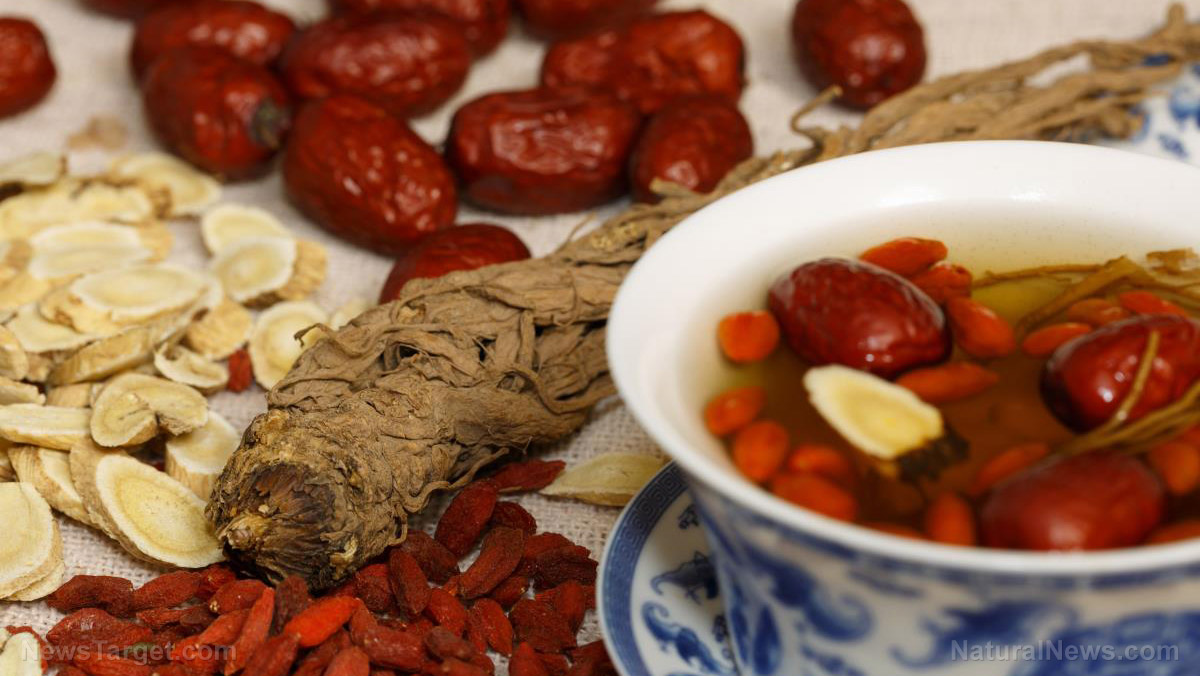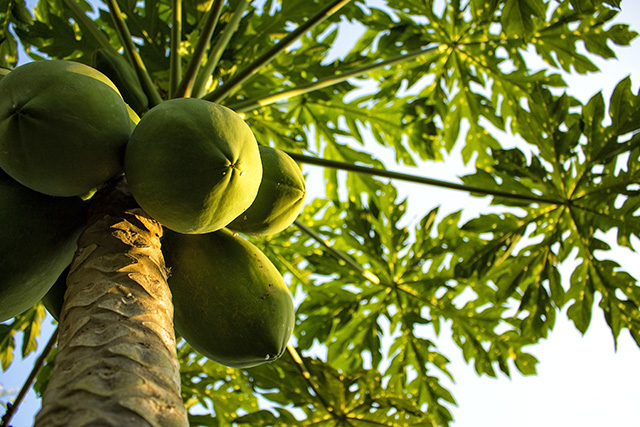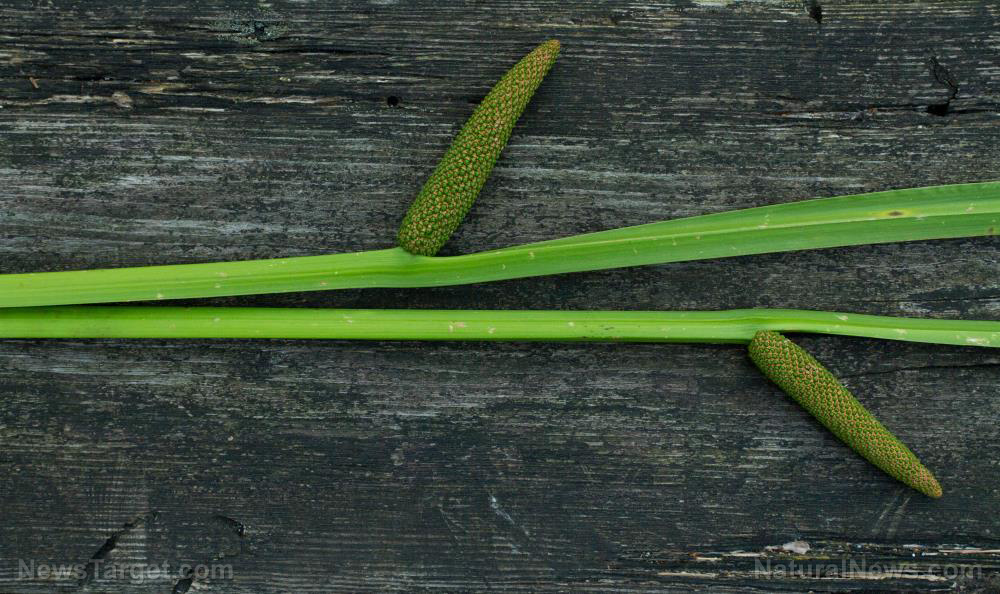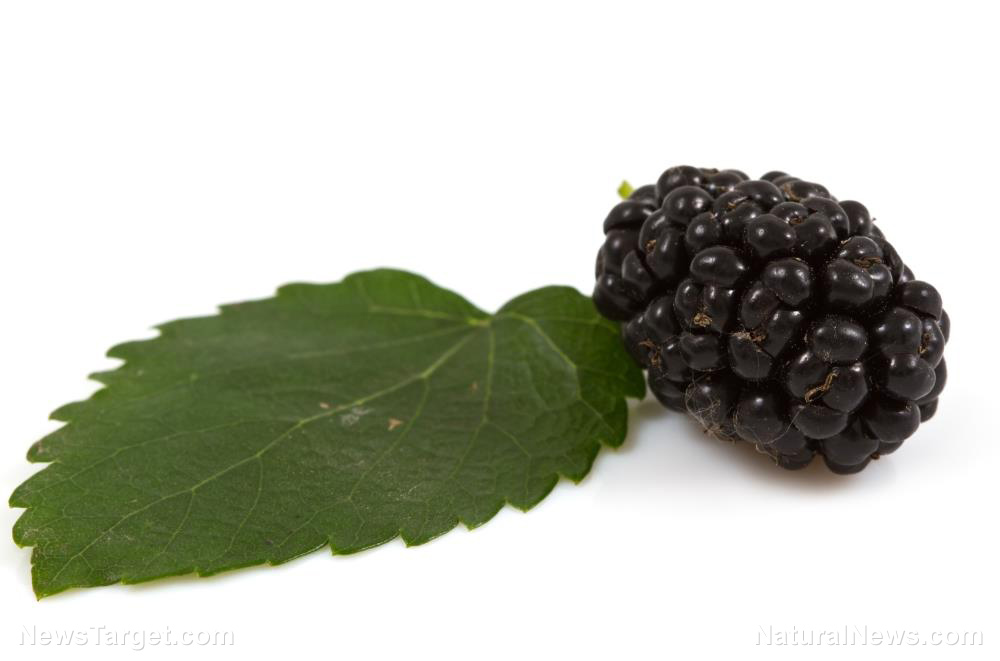The toothache tree: Native survival medicine for pain and other uses
07/18/2019 / By Mary Miller

The toothache tree goes by many names, such as prickly ash, tickle tongue, pepper bark, Hercules club, rabbit gum, and aceitillo. It can grow up to 18 feet tall, and its exterior is covered in distinctive spiky bumps that resemble tiny pyramids protruding from its bark. If you see this spiny shrub with its sharp and jagged edges or even hear its name, your immediate thought might be that of pain. However, despite its name and appearance, the toothache tree does not actually cause pain. Instead, it relieves pain. Here is a useful guide on how to utilize the toothache tree for survival medicine. (h/t to PreppersWill.com)
When SHTF, even a minor toothache can grow into a considerable health problem that may interfere with your ability to carry out survival tasks. Without access to medication or medical assistance, your dental problem will only worsen over time. Fortunately, the toothache tree is one of many natural remedies you can use, even during a survival situation. The toothache tree gets its name from a unique ability that is shared by no other plant in the world. Chewing on the tree’s inner bark, leaves, flowers, or fruits will cause an intense numbness or tingling sensation to the tongue and lips. As its name implies, the toothache tree can bring temporary relief to aching teeth and gums. (Related: Maintaining oral health even during SHTF: Natural toothache remedies.)
Relieving toothaches
The toothache tree is considered one of the best Ayurvedic medicinal plants for the treatment of tooth pain. To alleviate the pain of an injured tooth, take one of the tree’s leaves and roll it up into a tube. Wet it with your saliva and thoroughly crush it into a paste using your fingers. Carefully apply this paste to the affected area in your mouth and hold it in place until the pain recedes. The paste’s potent chemical properties may cause increased salivation, but it is important that you spit out your saliva, as swallowing it may result in vomiting or gastrointestinal irritation. You may even chew on the tree’s fruits to reduce dental pains. Furthermore, a powder derived from the fruit can be used to clean your teeth, and reduce bleeding and infection.
Relieving abdominal pain
When mixed with several other ingredients, the powdered fruit of the toothache tree can serve as an effective natural remedy for abdominal pain, flatulence, inflammation, and indigestion. All you have to do is mix equal parts of powdered toothache fruit, rock salt, roasted asafetida, vidanga (Embelia ribes), and celery seeds. Take the mixture with lukewarm water for quick relief. You can also alleviate the symptoms of diarrhea making a diluted tea out of the toothache fruit or bark and drinking a few cups every four hours.
Relieving minor cuts, wounds or surface pains
When you cut the bark of the toothache tree, a clear, watery sap will ooze out of the tree. You can apply this sap topically as an emergency anesthetic to alleviate minor cuts, wounds, and injuries. The fruit and inner bark of the toothache tree also contain powerful antiseptic properties. You can disinfect open wounds and sores by dusting them with powdered toothache fruit or by washing them with tea made by steeping the inner bark in hot water. Furthermore, the bark possesses natural antibiotic properties. When powdered bark is mixed with warm water to form a paste, this soothing paste can be applied topically to soothe sores, ulcers, infected tick bites, and tumors.
In an emergency situation, a prepper must use whatever is immediately available to stay healthy and survive. The toothache tree is just one of many natural remedies that you can use when SHTF.
Sources include:
Tagged Under: alternative medicine, bug out, dental health, dental hygiene, emergency medicine, natural cures, natural medicine, off grid, oral health, oral hygiene, outdoors, pain relief, preparedness, prepper, prepping, remedies, self sufficiency, SHTF, survival, survival medicine, survival skills, Survival Tips, survivalist, teeth, toothache tree, wilderness
RECENT NEWS & ARTICLES
PlantMedicine.News is a fact-based public education website published by Plant Medicine News Features, LLC.
All content copyright © 2018 by Plant Medicine News Features, LLC.
Contact Us with Tips or Corrections
All trademarks, registered trademarks and servicemarks mentioned on this site are the property of their respective owners.


















